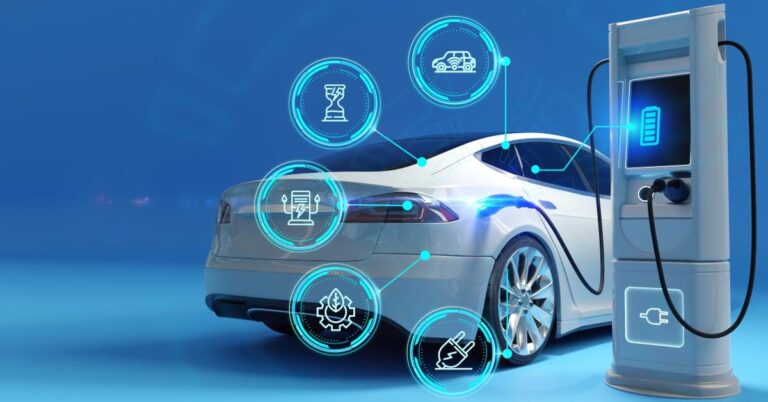🔶 Introduction
The future of mobility is shifting rapidly across the world, and India is no exception. With rising fuel costs, environmental concerns, and technological advancements, electric cars (EVs) are becoming more popular among Indian consumers. While electric cars still represent a small fraction of total vehicle sales, their growth is undeniable and unstoppable.
In this blog, we explore why electric cars are the future of mobility in India, their key benefits, the challenges that still exist, and the latest trends that are shaping this exciting revolution.
🔹 Benefits of Electric Cars
🌿 Environmentally Friendly
Electric cars produce zero tailpipe emissions, helping reduce air pollution in crowded cities like Delhi and Mumbai. With India struggling to control its pollution levels, EVs can play a big role in creating a cleaner environment.
💰 Cost-Effective in the Long Run
While the initial purchase price of an electric car is higher than a petrol or diesel vehicle, running costs are much lower. Electricity is cheaper than fuel, and EVs have fewer moving parts, which means lower maintenance costs.
⚡ Instant Torque and Smooth Driving
Electric motors deliver instant torque, resulting in a smooth and quick acceleration. EVs are known for their quiet operation and comfortable driving experience, making them ideal for city traffic.
✅ Government Incentives
The Indian government offers various subsidies and tax benefits under schemes like FAME II (Faster Adoption and Manufacturing of Hybrid and Electric Vehicles). These incentives make EVs more affordable for buyers.
🔹 Challenges Facing Electric Cars in India
🔋 Charging Infrastructure
One of the biggest hurdles is the lack of widespread charging infrastructure. Though major cities are seeing a rise in public charging stations, tier-2 and tier-3 cities still lack adequate facilities.
💲 High Initial Cost
Even with subsidies, EVs generally cost more than their petrol or diesel counterparts. Battery manufacturing and import costs contribute significantly to this.
⏳ Limited Range
Range anxiety, or the fear of running out of battery, is another concern. While new models offer ranges of 300–500 km, many buyers still hesitate due to this fear.
🔧 Limited Service Centers
Since EVs are relatively new, there are fewer trained technicians and authorized service centers, making repairs and maintenance more challenging in some areas.
🔹 Current Trends in India’s EV Market
🚘 Increasing Model Options
More manufacturers like Tata, Mahindra, MG, Hyundai, and even luxury brands like Mercedes and BMW are launching electric vehicles in India. This wider variety offers more choices for different budgets.
⚡ Focus on Local Battery Production
India is focusing on localizing battery manufacturing, which will help reduce costs and reliance on imports. Initiatives like the Production Linked Incentive (PLI) scheme support this mission.
🏙️ Smart City Integration
As cities move towards becoming “smart cities,” EV adoption is becoming a major part of urban planning. Dedicated EV zones, battery swapping stations, and app-based charging station locators are all becoming a reality.
🔄 Shift in Consumer Mindset
Young and environmentally conscious buyers are driving the shift towards EVs. The desire to contribute to sustainability and reduce dependence on fossil fuels is gaining importance among urban buyers.
🔹 Conclusion
Electric cars represent not just a trend but a fundamental shift in India’s mobility landscape. With environmental benefits, lower running costs, and government support, EVs are set to dominate the Indian roads in the coming years.
While challenges remain, continuous technological advancements and policy support are addressing these issues rapidly. If you are considering a new car, exploring electric options today might future-proof your mobility needs and contribute to a greener tomorrow.



